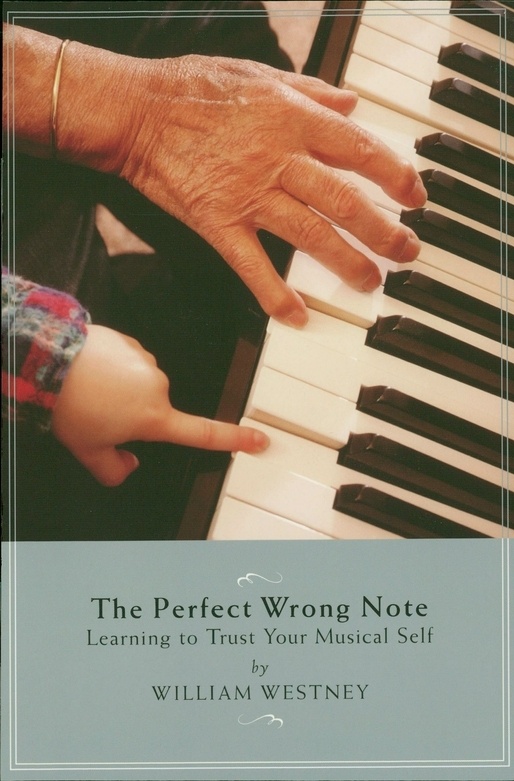The Perfect Wrong Note
Alexander Technique, Tai Chi, Feldenkrais, Yoga - there are endless practices which musicians turn to, often without knowing why. Some may think it is for flexibility or increasing skills in movement, but for me what we are searching for are ways to connect better to the present moment - the key to a successfully moving and effortless performance. The past few years, this idea has taken ahold of my viola practice, and as is often the case with musical "breakthroughs", looking back, I cannot imagine approaching performance in any other way.

It is difficult to write publically about this, being such a personal experience, so it has been wonderful the past few days to read so much of this philosophy in William Westney's "The Perfect Wrong Note" (Hal Leonard, 2006). Though I would say it is more complementary to the above thoughts rather than exactly mimicing them (but again, being so personal, I would be surprised if this were the case), I would consider it essential reading for mentally mature students at all ability levels.
At it's core, it explores the idea that the body's powerful learning capabilities require honest and natural playing - not carefully attempting to avoid errors - and any mistakes offer valuable learning opportunities when carefully observed. Westney's writing style is flows well and makes the read very enjoyable. Clear and concise, but descriptive with appropriately colourful language and moving easily from abstract topics to practical examples.
However, the musical world would benefit even more from teachers reading this book than students. It decries the old fashioned teaching style of rote, repetitive playing with no awareness, and gives countless relateable anecdotes of the natural musicality of young children being ruined by formal lessons, the struggles of these students, and the pitfalls of convential teaching wisdom.
I won't try to reduplicate it all here, but it has reassured me of the importance of freedom in playing and reminded me that I have to nourish that in my own students as well. It is the teacher's eternal challenge to facilitate this while also imparting solid technique, a strong sense of rhythm, and all the other technical foundations.